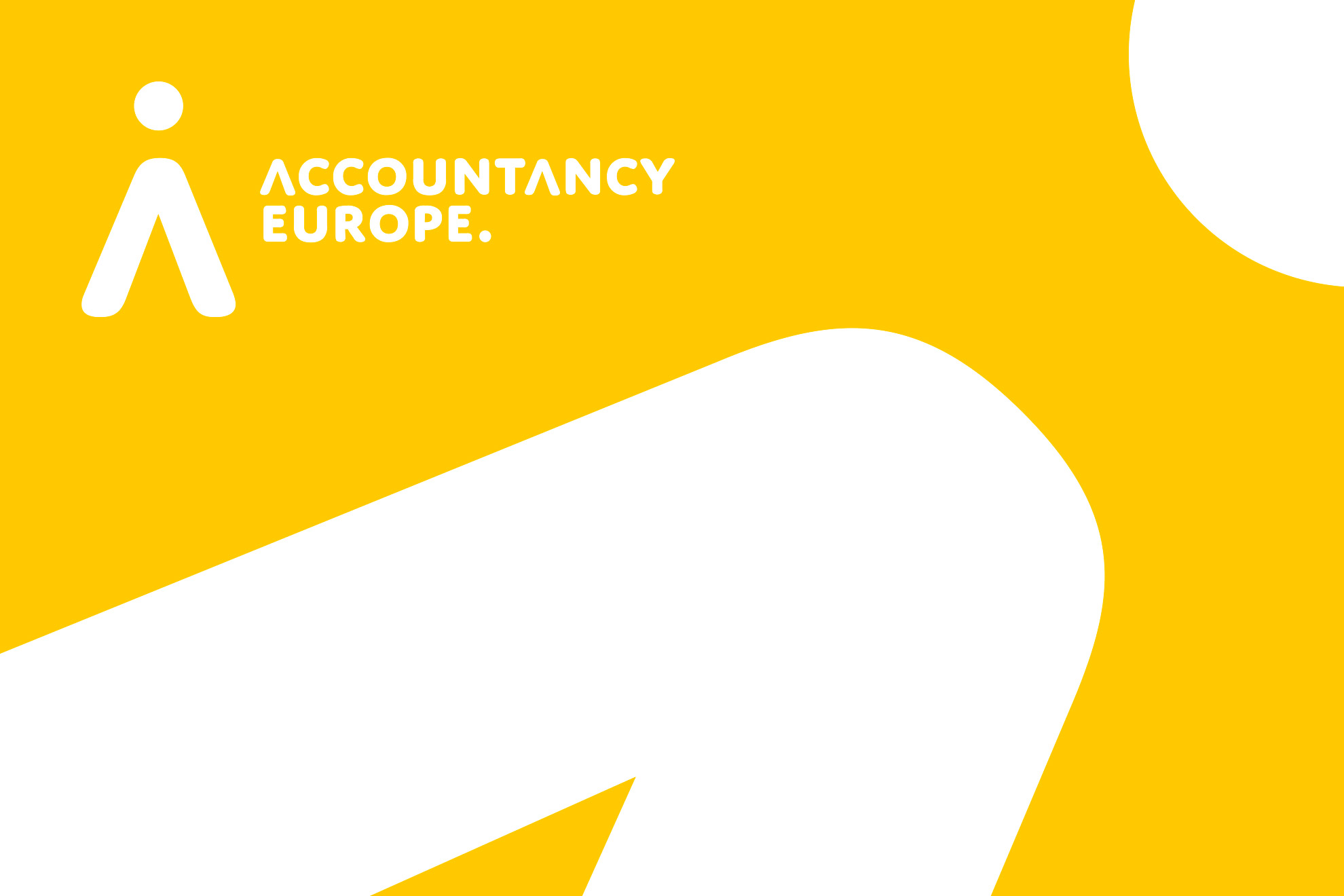
Accountancy Europe unites 51 professional institutes from 37 countries that represent 1 million professional accountants, auditors and advisors. We represent organisations from all 28 European Union (EU or EU 28) Member States, including five institutes from the United Kingdom (UK).
Our profession cooperates extensively throughout the EU to serve the needs of businesses, their stakeholders and investors, underpinning the integrity and stability of markets. This is especially the case in the field of audit of companies’ financial statements as per the Statutory Audit Directive (2014/56/EU).
Brexit raises the prospect of disruption and adverse consequences in the provision and regulation of statutory audit. Unless appropriate arrangements between the EU 27 Member States (EU 27) and the UK are made in due time, this will impact individual businesses as well as the market overall. In particular, there are risks relating to legal uncertainty, especially in relation to the validity of audit reports, as well as a proliferation of overlapping regulatory requirements.
Appropriate arrangements between the EU 27 and the UK could provide a favourable regulatory framework for the European audit profession to continue to cooperate.
Cross-border activity within the EU is based on the European Single Market of capital, goods, people and services, which results today in:
To serve these companies, the EU regulatory framework for statutory audit makes it easier for EU auditors and audit firms to cooperate and perform EU-wide audits. This contributes to the quality of companies’ corporate reporting, especially in cross-border groups, throughout the EU.
Appropriate arrangements for statutory audit in the EU-UK withdrawal agreement and for the future EU-UK relationship are needed to address the following specific concerns because:
The absence of these provisions would mean there is no longer any legal basis for a (group) audit report issued by an EU 27 auditor to be accepted as valid for an issuer on UK regulated markets.
A group listed in the UK would either have to be audited by a UK auditor or a new mechanism would be needed for the UK to ‘recognise’ non-UK auditors in this context. Such a new mechanism could possibly be in the form of complex and potentially divergent bilateral arrangements between individual EU 27 Member States and the UK. Vice versa, the audit report of a UK group auditor of an EU company would no longer be valid for a listing on any of the EU 27 regulated capital markets unless similar mechanisms are put in place.
Without pre-empting any political decision in relation to the UK’s withdrawal agreement, transitional arrangements and the future EU-UK relationship, Accountancy Europe wishes to see appropriate arrangements between the EU 27 and the UK. Such arrangements could provide a conducive regulatory framework for the European audit profession to continue to cooperate effectively and efficiently in the provision of statutory audit. A decision on the equivalence and adequacy of the UK regulatory framework for statutory audit should be considered as part of the process to reach such appropriate arrangements.
For any enquiries: Laura Buijs